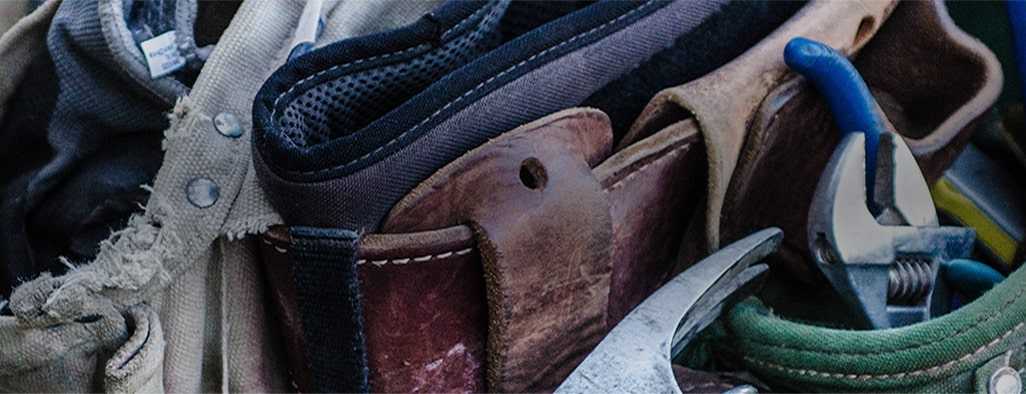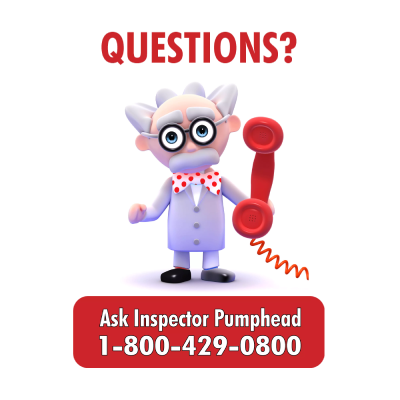-
3 Common Grinder Pump Problems
October 11, 2018Grinder Pumps are not just for making cool videos of cutting up rubber chickens. Grinder pumps are used in applications that require large solids to be sheared into a fine slurry, which is then pumped into a sewage system. Think sort of like a blender, but not the kind made for smoothies. Grinding solids down also allows grinder pumps to be suitable for applications which require higher heads. Grinders however, like all pumps, are not immune to their environment and require care and maintenance (if Inspector Pumphead has one thing he wants people to know, it’s that pumps need a little TLC every now and then too). Problems with your grinder pump can lead to other serious problems like sewage backup so making sure your grinder pump is in tip-top shape will save you headaches and repair costs down the road. Below are some common issues grinder pump owners can experience and some solutions. Clogs There are some things that shouldn’t be flushed down a toilet or poured down a drain. Materials such as kitty litter, paint, disposable napkins, and oil should all stay far away from your pipes. Substances such as these can build-up and become debris which in turn will restrict the flow of a grinder pump. Clogs can lead to more serious problems, like sewage being leaked onto your lawn (no one wants to mow that grass). A common fix to prevent blockages is to wash the pump periodically using a standard garden hose. Clotting If your pump is making a strange, whirring noise when it’s activated, this could be a sign of clotting. Clotting occurs after larger pieces of debris get caught and stick to the inner workings of the pump. This debris accumulates over time and can expand within the pump. Clotting can lead to a pump operating more slowly or even turning on more frequently. If your grinder is suffering from clotting, the best option is to call your local plumber and have the pump cleaned out. Freezing If you live in warmer climates, grinders can be buried a few feet underground without a second thought. However if you live in a colder climate, it is important to know what your frost line is. Frost line (sometimes referred to as frost level or frost depth) is the maximum depth below the soil that does not freeze in the winter. Wastewater traveling through a grinder that is not buried deep enough can freeze and seriously damage the inner workings of the pump. It is also important to keep in mind the depth at which your pipes are buried when it comes to frost line as frozen pipes can be just as much of a headache. If your pump is continually giving you issues or needs constant repairs, the best solution is to visit or call PumpProducts.com. Luckily PumpProducts.com carries grinder pumps for a variety of applications from the most trusted brands in the industry. Give our experts a call and they can help you select a brand-spankin-new pump that will work in your system so your pump can get to grinding wastewater instead of grinding your gears (bad joke alert, I know, but I couldn’t help myself). Pump Products application engineers are standing by to help you find the right pump, as well as to provide price quotes, stocking availability and shipping information. Call our toll free number 1-800-429-0800 to speak to an expert today.






